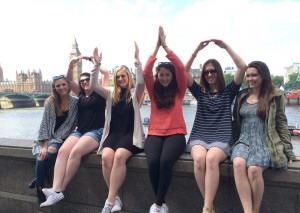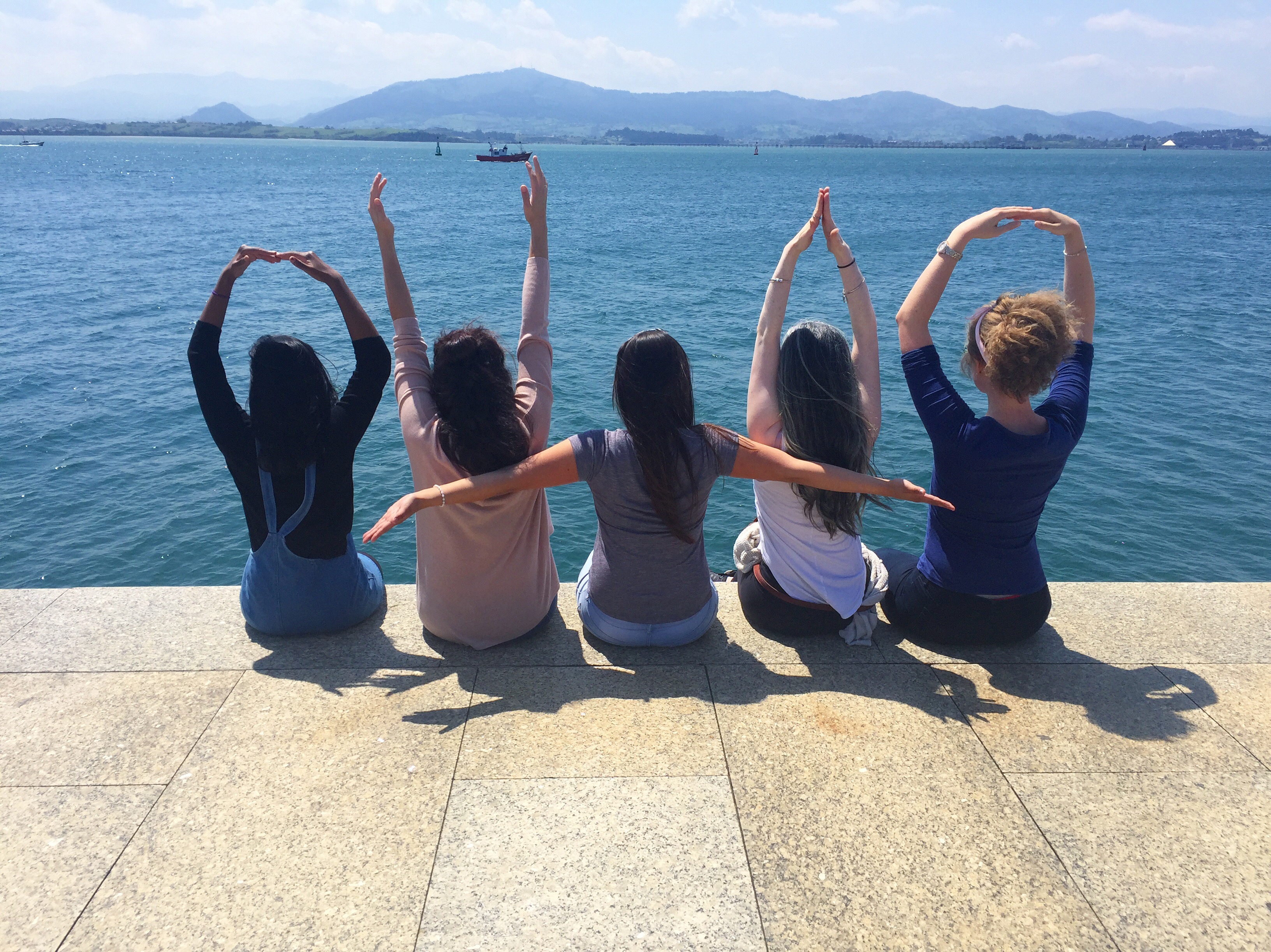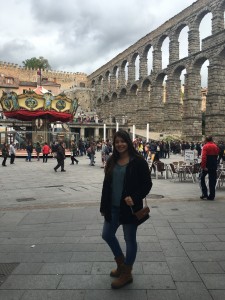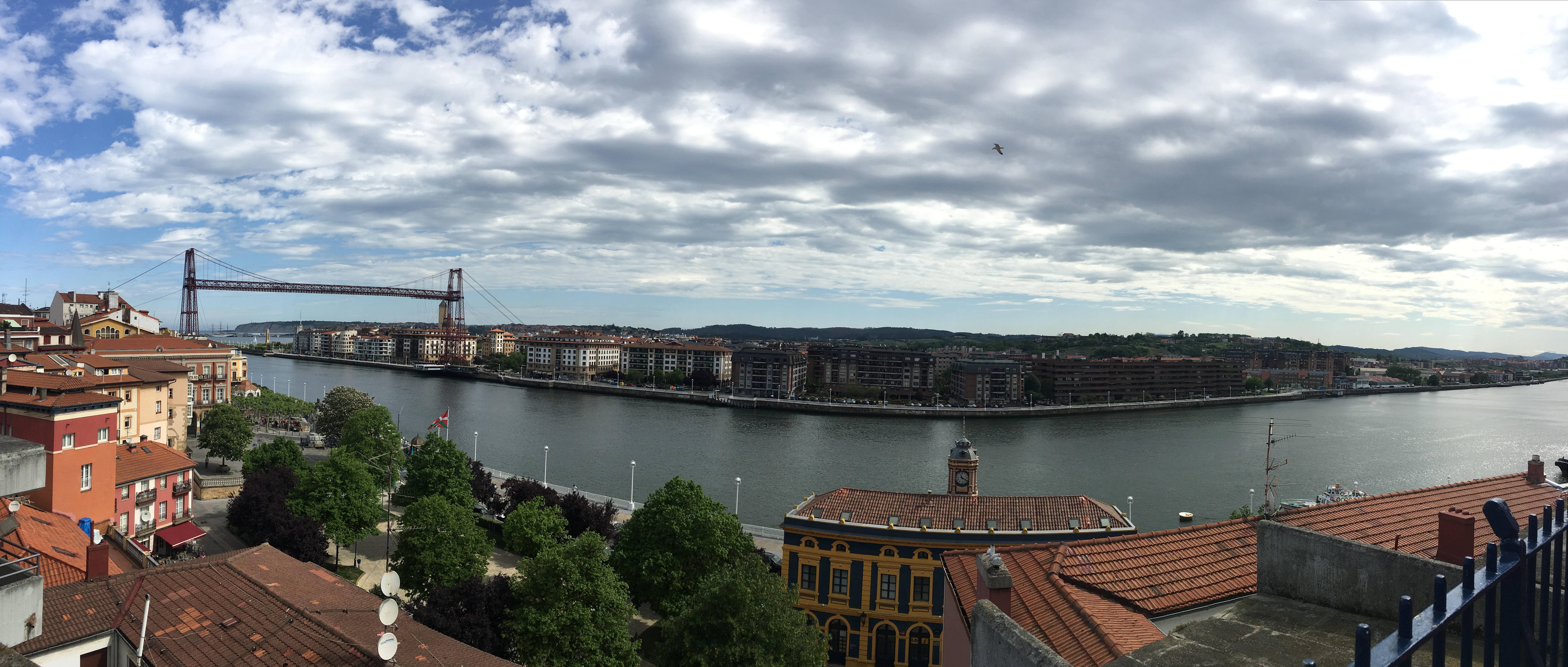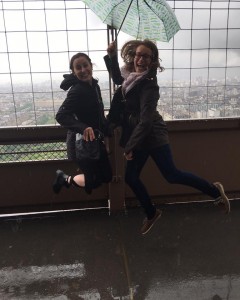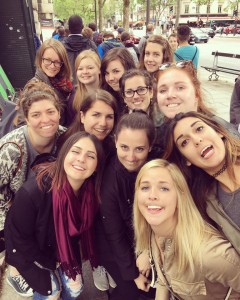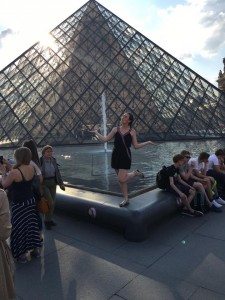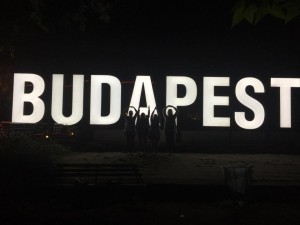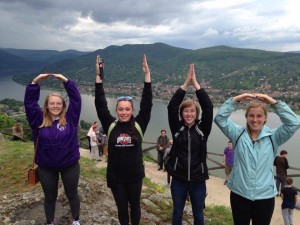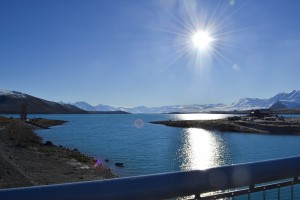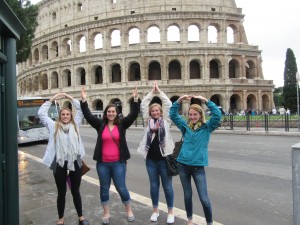- Please provide a brief description of your STEP Signature Project.
For my STEP Signature Project, I participated in a 10 day study abroad over Spring Break to Cuba with 2 professors and several other students from the school of architecture, entitled Cuba: Architecture, Landscape, Urbanism. We visited Havana as well as a few other towns and cities throughout Cuba, focusing on the history of their built environment and the relationship their society has to their architecture and landscape. Along the way, we stopped for several cultural experiences, tried local foods, stayed at resorts and airbnbs, and tried our best to figure out what to make of this complicated country and its wonderful people.
- What about your understanding of yourself, your assumptions, or your view of the world changed/transformed while completing your STEP Signature Project?
My original reason for choosing this study abroad as my STEP project was my interest in comparing and contrasting how a relatively isolated country like Cuba approached urban design and landscape architecture. And that process was unquestionably interesting. The vast majority of Cuban structures post-revolution display a large amount of Soviet influence. As a group, we discussed the differences between Soviet/socialist modernism and American/western modernism. Cubans do some things similar to us, and others in different ways. For example, they use very little steel as a building material, since they don’t have extensive metal mining. This lead to the majority of their structures being built out of brick, wood, or concrete. The trip’s sketching requirements definitely helped me to understand this, as well as our group discussions. These discussions would have been incomplete without talking about the political environment that birthed these styles and methods, which leads me to my next point.
Pretty much as soon as we exited the plain, that interest widened to include Cuban politics, social norms, culture, music, and everything else. Prior to this trip I had never visited any other country, much less what is considered in many ways a third-world country, so it was very eye-opening. In America we tend to think that our way of doing things is the best way, if not the only way. In Cuba, many think the same of their own country. Our tour guide, who admittedly presented everything in an extremely biased way, proudly told us about their system of universal health care, free education systems, and food rations. We also learned from some locals that things may not be as grand as they seem, and that many people are hungry. The actions of the United States in isolating Cuba have directly impacted its people.
- What events, interactions, relationships, or activities during your STEP Signature Project led to the change/transformation that you discussed in #2, and how did those affect you?
On the trip we visited many gardens, fortresses, cathedrals, parks, restaurants, city plazas, and other historic buildings. We sketched them, and studied their successes and failures, and how these lessons could or couldn’t be applied when designing in the U.S. However, there were other more personal moments that I remember that have made possibly more of an impact on me.
A few times on the trip, we ventured out into the nightlife and went to bars or clubs. Every time we went out we met Cubans who were always incredibly friendly (some seemed to be hoping to get some of your tourist money, but others were more genuine). The music and dancing, both traditional and contemporary, is lovely in Cuba. I enjoyed their nightlife quite possibly more than ours! It also gave me a new appreciation for Latin dance music.
The language barrier was something completely alien to me, but it was a welcome challenge. I know essentially no Spanish and so had a difficult time communicating sometimes, but a lot of Cubans know basic English and it wasn’t usually a problem. There were a few moments that neither of us could understand the other, and we had to do our best to get by, which was frustrating but also rewarding.
We visited an elementary level art school and got to see some musical performances and art by talented young Cubans. Even at their young age, they’re art was already pretty top notch. As a musician and saxophone player, I was especially touched by an alto sax solo given by a young boy who looked to be about 13. It reminded me how powerful music is and how it can transcend language, culture, and experience.
Another notable event happened towards the end of the trip. We stopped in Matanzas, a city on the northern coast of the island, to have a quick look around at a few different buildings and a famous public square. While I was sitting in the square with a couple other students, and old man approached. He had pretty bad teeth and looked pretty rough. He asked where we were from, and when he told him America, he was a bit surprised and happy and interlocked his fingers, saying that America and Cuba need to be allies again. The man remembered being a child before the revolution, that life was better then, despite being under a dictator. He seemed like someone who probably supported the socialist revolution in the beginning, and later on saw its flaws. We saw a similar sentiment throughout the trip; to the young generation of Cubans, it is considered stylish and cool to wear clothing with American flags on them. They want to participate in the global capitalist economy and raise their country out of poverty. I wonder if their Caribbean socialist utopia could have been more successful had the United States supported revolutionary government, or if the revolutionary leaders didn’t turn out to be even more oppressive dictators than the regime they replaced.
- Why is this change/transformation significant or valuable for your life?
The biggest takeaway for me from the trip was thinking about how Americans impact the world at large, both through government and tourism. For the last couple days of the trip we met up with a very intelligent Cuban architect and historian who had become friends with our professors previously. He talked about how, despite modernizing agricultural methods, their food shortage is becoming worse. This is due to the increase in tourism the country has seen. Pretty much every hotel we stayed at had lavish buffets for meals. Because tourists can pay much more than locals for meals, it is more profitable to sell to them. Likewise the Cubans working in tourism seemed to be much better off than many of the other Cubans we passed on the street. This problem is certainly true in many other tourism heavy countries throughout the Caribbean, but is becoming more of a problem in Cuba now that it has begun opening up and allowing more capitalist businesses to open. This realization got me thinking about whether or not tourism helps or hurts economies of other countries.
On the plane back, I decided it was definitely a valuable trip and I’m very glad I went. There is so many more experiences I didn’t write about here, but will be memories I have forever. I hope to find inspiration in my future professional landscape architecture work from the sketches and photographs I took on the trip. We got to see some of Cuba at its best, and also peel back the government propaganda of the tour guide to understand its worst. But it really is a beautiful country with lovely people, and I hope one day I’m able and allowed by our own lovely federal government to go back and see how it has changed.
 Abandoned National School of Arts, School of Ballet
Abandoned National School of Arts, School of Ballet
 House of the Cosmonauts (We stayed here one night!), Veradero
House of the Cosmonauts (We stayed here one night!), Veradero














